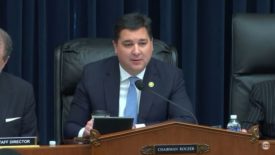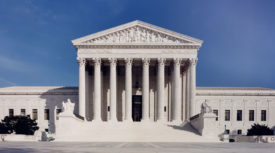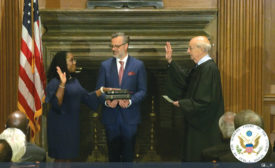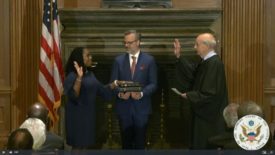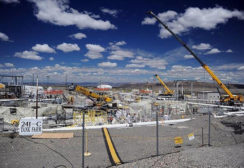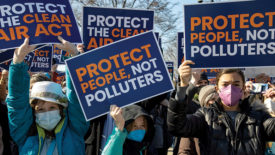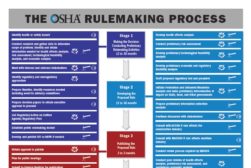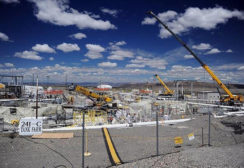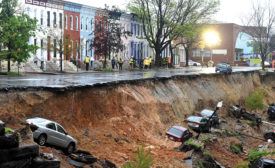Home » Supreme Court
Articles Tagged with ''Supreme Court''
Legal
Nation’s Top Court Limits EPA's Authority in Clean Air Case
The ruling comes as court justices change and as the agency prepares to issue a new carbon reduction strategy
Read More
Legal
High Court Hears Consolidated Clean Air Cases
Questions by justices suggest a narrower ruling than what coal companies and Republican-led states are seeking.
Read More
Environmental Regulation
High Court Could Reset Building Curbs in Key Wetlands Case
Legal issue centers around federal definition of intermittent streams
Read More
COVID-19 and Construction
OSHA Pulls Vaccine Mandate, But Will Propose as a Rule
Contractors, business groups applaud rescinding the mandate, but seek more input on industry-specific regulations
Read More
The latest news and information
#1 Source for Construction News, Data, Rankings, Analysis, and Commentary
JOIN ENR UNLIMITEDCopyright ©2024. All Rights Reserved BNP Media.
Design, CMS, Hosting & Web Development :: ePublishing
